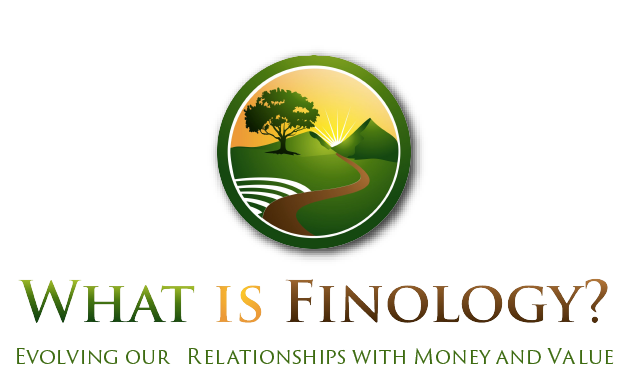A Week In Our Lives
By Richard B. Wagner, JD, CFP®
October 9, 2008., followed by October 10, 2008, today, and preceded by a week of gut wrenching negativity. All of these days are all “one of those days” for people in financial services. The belly hurts. Friends hurt. Clients hurt. It is scary out there. I am beginning to understand animals caught in forest fires. Where do we go? How can we get there and out of here? Fast.
What’s a profession to do?
For one, I suggest that we review our mission to examine what we have been getting right and where we have failed or missed the mark. Mostly I suggest we take time to understand what the current crisis means about money and what money has become. It is not about collective failures to time the market, achieve an ideal rate of return or the implementation of the latest technique. It is about understanding money, what it is and how we can relate to it in times of prosperity, times of crisis, and everything in between.
In my most recent article, printed in Financial Advisor magazine (October 2008), I attempted to look at notions of “authentic” professions. In the process of writing the following, I came to the strong conclusion that financial planning is much more about our relationship with money than with “more.”
We now collectively need the professional skills and wisdoms of a profession that works with people and their money. Financial planners have a mission. We help society and individuals work with the unprecedented forces generated by money. We must help cultures and individuals find life, meaning and sufficiency within them.”
-Richard B. Wagner, JD, CFP
http://www.fa-mag.com/issues.php?id_content=2&idArticle=1825
This applies to bad times as well as good.
These are the days the markets went out of control. These are the days the money went nuts. These days seem to be those watershed days that will mark history as we know it from here on out.
Face it; this was no particular surprise. We could see it coming from the bowels of subprime, derivatives, and our debts to the world. We could see it coming in the outrageous CEO packages, the socialization of risk, the helium ingested real estate market and the continued obliviousness to the world around us, and… Of course we could have seen it. But we did not.
It is just that a day like this has never happened before… well there was that day twenty-one years ago. And that time in 1929. And, lest we forget, 1907 before that. And tulip bulbs in the 17th century, South Sea Islands and John Law’s projects in Louisiana and Mississippi in the 18th century. This list does not include some eleven different crises in the American financial services world in the last twenty-five years, or the debacles in Thailand, Mexico and Argentina. Bernard Lietaer suggests that there have been nearly eighty currency meltdowns since World War II. Unfortunately, maybe we have to admit that days like this are a part of the money system that can get sick. Quickly. These cataclysms have always been a part of symbolic money. Maybe this tells us something about money that we need to know. Maybe this speaks to the dangers of overreliance on an intangible. Maybe this suggests that we broaden our foundations and strengthen our bases of security.
Yet and still, we must remember that the phrase “my money” is an oxymoron. Money is nothing but a system of mutual agreement for organizing human interaction. As I have heard it described, the suggestion that we cannot do something because we lack the money makes as much sense as the suggestion we cannot build a house because we lack the inches. Money does not equal wealth any more than inches equal shelter.
Money requires trust and certainty. For example, money tends to fail when the bulwarks of a particular system engage in excessive risk, taking up opaque and complex transactions between different sorts of financial institutions. Banks should not act like hedge funds.
Like matter, money is both real and illusory. I suggest money is as real as the clothes on your back, the ground beneath your feet or the chair upon which you are sitting. This is to say that when its parts stop moving, it essentially disintegrates into nothingness. Money is a social agreement. It requires the motion of mutual participation for its manifestation.
On the other hand, I suggest that money could be viewed as humanity’s most profound creation for nonviolent interaction, mutual cooperation and self-organization. I cannot imagine going forward in a world of over 6 million people without mutually acceptable markers for reciprocity and exchange.
I suggest that an honest examination of money as we have known it will reveal many unappreciated virtues along with obvious flaws. Whatever emerges, some notion of money will certainly be a part of it.
Money has emerged over the past sixty years or so to be the most powerful and pervasive secular force on the planet. This is a time for grasping its fullest implications.
